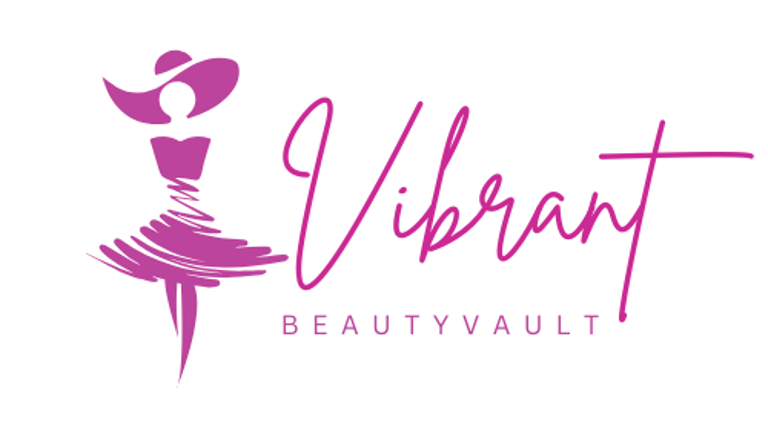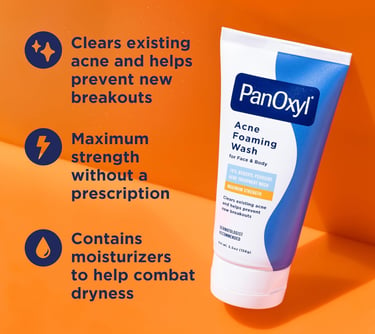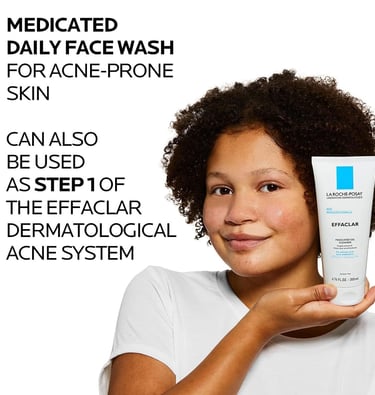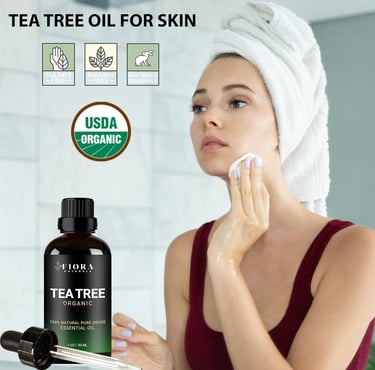Effective Strategies for Managing Hormonal Acne
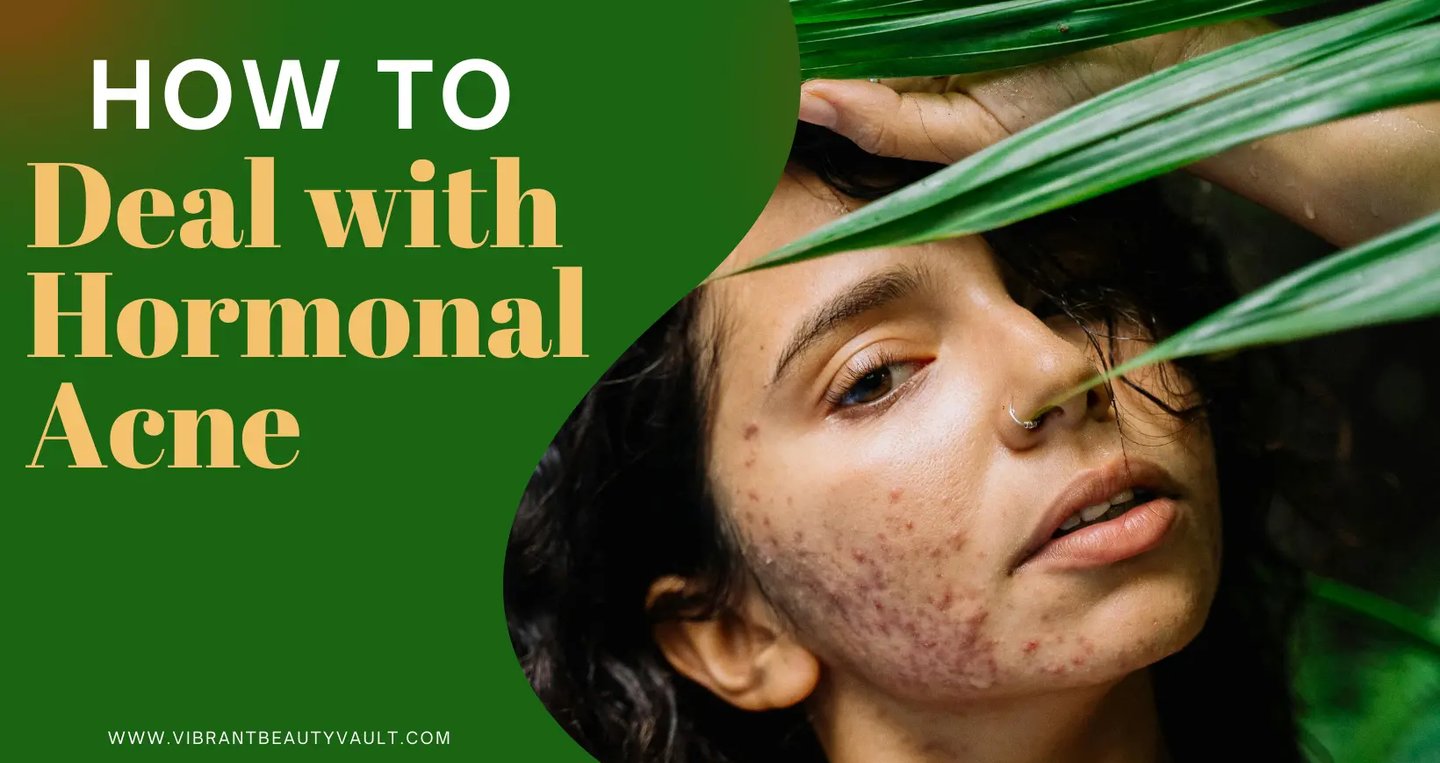

How to Deal with Hormonal Acne
Hormonal acne can be a persistent and frustrating condition, often triggered by fluctuations in hormone levels. It tends to appear on the lower face, jawline, and chin, and is commonly associated with puberty, menstrual cycles, pregnancy, or stress. While it may feel challenging to manage, a combination of skincare, lifestyle changes, and medical treatments can significantly improve your skin. Here’s an in-depth guide to understanding and addressing hormonal acne.
1. Understand the Causes
Hormonal acne is caused by an increase in androgens, which stimulate oil production and clog pores. Understanding the underlying triggers is essential for effective management:
Puberty: Hormonal surges during adolescence can cause overactive sebaceous glands, leading to excessive oil production and clogged pores.
Menstrual Cycles: Fluctuations in estrogen and progesterone levels, especially in the luteal phase, can trigger breakouts.
Pregnancy: Hormonal changes during pregnancy, particularly in the first and second trimesters, may exacerbate acne due to increased androgen levels.
Stress: Elevated cortisol levels from chronic stress can stimulate oil glands and worsen acne.
Medications: Drugs like steroids, certain contraceptives, or hormone replacement therapies may disrupt hormonal balance and contribute to acne.
Identifying these factors can help you tailor your approach to managing hormonal acne effectively.
2. Establish a Consistent Skincare Routine
A tailored skincare routine can help manage hormonal acne by keeping your skin clean, hydrated, and balanced. Consistency is key for long-term results.
Morning Routine:
Cleanse: Use a gentle, sulfate-free cleanser to remove oil and impurities without stripping the skin. Look for ingredients like ceramides to maintain the skin’s barrier.
Tone: Apply a toner with salicylic acid to exfoliate and unclog pores. This step helps prevent blackheads and whiteheads.
Treat: Use a serum with niacinamide to reduce inflammation, control oil, and improve skin texture. Niacinamide is also effective for fading post-acne marks.
Moisturize: Choose a lightweight, non-comedogenic moisturizer to keep your skin hydrated without clogging pores.
Protect: Apply a broad-spectrum sunscreen with at least SPF 30. Sunscreen prevents UV damage and reduces the risk of post-inflammatory hyperpigmentation from acne.
Evening Routine:
Double Cleanse: Start with an oil-based cleanser to dissolve makeup and sunscreen, followed by a water-based cleanser to remove any remaining impurities.
Exfoliate: Use a chemical exfoliant (AHA or BHA) 2-3 times a week to prevent clogged pores and promote cell turnover. Avoid over-exfoliating, which can irritate the skin.
Treat: Apply a retinoid to promote cell turnover, reduce inflammation, and prevent clogged pores. Start with a low concentration if you’re new to retinoids.
Moisturize: Reapply your moisturizer to lock in hydration and support the skin’s repair process overnight.
Product Suggestions:
Cleanser: CeraVe Foaming Facial Cleanser
Toner: Paula’s Choice Skin Perfecting 2% BHA Liquid Exfoliant
Serum: The Ordinary Niacinamide 10% + Zinc 1%
Treatment: Differin Adapalene Gel 0.1%
Sunscreen: EltaMD UV Clear Broad-Spectrum SPF 46
3. Adopt a Hormone-Friendly Diet
Diet plays a crucial role in managing hormonal acne. Focus on foods that support hormonal balance and reduce inflammation while avoiding known dietary triggers.
Include:
Leafy Greens and Berries: Rich in antioxidants, these foods combat oxidative stress and reduce inflammation.
Omega-3 Fatty Acids: Found in salmon, walnuts, and flaxseeds, omega-3s help balance hormones and improve skin elasticity.
Probiotics: Yogurt, kefir, and fermented foods support gut health, which is closely linked to hormonal balance and skin health.
Zinc-Rich Foods: Oysters, pumpkin seeds, and chickpeas are excellent sources of zinc, which helps reduce inflammation and supports skin repair.
Avoid:
Dairy: Studies suggest that dairy products, especially skim milk, may increase androgen levels and worsen acne.
Sugary Foods: High glycemic index foods like candy and soda can spike insulin levels, leading to increased oil production.
Processed Foods: These often contain trans fats and artificial additives that can trigger inflammation.
4. Manage Stress Effectively
Stress increases cortisol levels, which can lead to hormonal imbalances and acne flare-ups. Incorporate stress-reducing practices into your daily routine to support overall well-being:
Mindfulness and Meditation: Spend 10-15 minutes daily practicing deep breathing or guided meditations to calm your mind and lower cortisol levels.
Exercise: Engage in regular physical activity, such as yoga, jogging, or swimming, to reduce stress hormones and improve circulation.
Adequate Sleep: Prioritize 7-9 hours of quality sleep each night. Poor sleep disrupts hormone regulation and can worsen acne.
Journaling: Writing down your thoughts and feelings can help you process stress and identify patterns that may trigger breakouts.
5. Seek Professional Treatments
If over-the-counter products and lifestyle changes aren’t enough, consult a dermatologist for advanced treatments tailored to your skin’s needs:
Topical Medications: Prescription-strength retinoids, antibiotics, or benzoyl peroxide can target severe acne and reduce inflammation.
Oral Medications: Birth control pills or spironolactone help regulate hormones and reduce androgen levels, effectively managing hormonal acne.
Isotretinoin: For severe, cystic acne, this powerful medication can provide long-term relief by shrinking oil glands and preventing clogged pores.
In-Office Treatments: Procedures like chemical peels, laser therapy, or microneedling can improve skin texture, reduce acne scars, and minimize active breakouts.
6. Incorporate Natural Remedies
Natural remedies can complement your acne treatment plan and provide additional relief:
Tea Tree Oil: Known for its antibacterial properties, dilute tea tree oil with a carrier oil and apply it to active breakouts.
Aloe Vera: Use pure aloe vera gel to soothe inflammation, hydrate the skin, and promote healing.
Zinc Supplements: Zinc can help reduce inflammation and support skin repair. Consult your doctor before starting supplements.
Green Tea: Apply cooled green tea bags to your skin or use skincare products containing green tea extract for its anti-inflammatory and antioxidant benefits.
7. Avoid Common Mistakes
Overwashing: Washing your face too frequently can strip natural oils, leading to increased oil production and irritation.
Popping Pimples: This can cause scarring, spread bacteria, and worsen inflammation.
Skipping Sunscreen: UV exposure can aggravate acne and lead to post-inflammatory hyperpigmentation.
Using Harsh Products: Avoid products with alcohol, synthetic fragrances, or harsh scrubs that can irritate sensitive skin.
8. Be Patient and Consistent
Hormonal acne doesn’t resolve overnight. Stick to your skincare routine and give treatments at least 6-8 weeks to show results. Monitor your progress with photos or a skincare journal to identify what works best for your skin. Adjust your approach as needed and seek professional guidance for persistent issues.
By understanding the root causes and adopting a comprehensive treatment plan, you can effectively manage hormonal acne and achieve clearer, healthier skin. Remember, consistency and patience are key, and consulting a dermatologist can provide tailored solutions for your specific needs.
